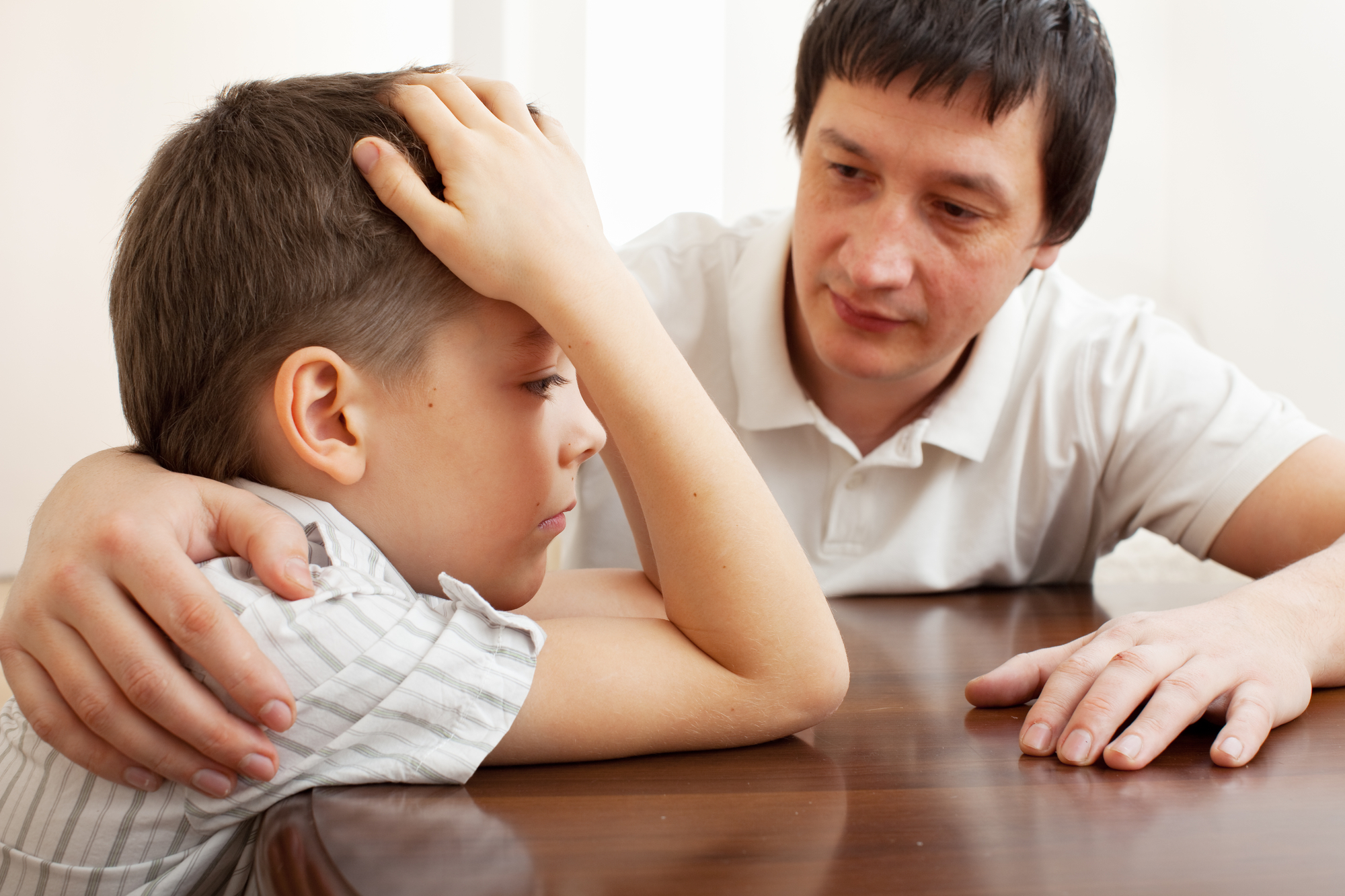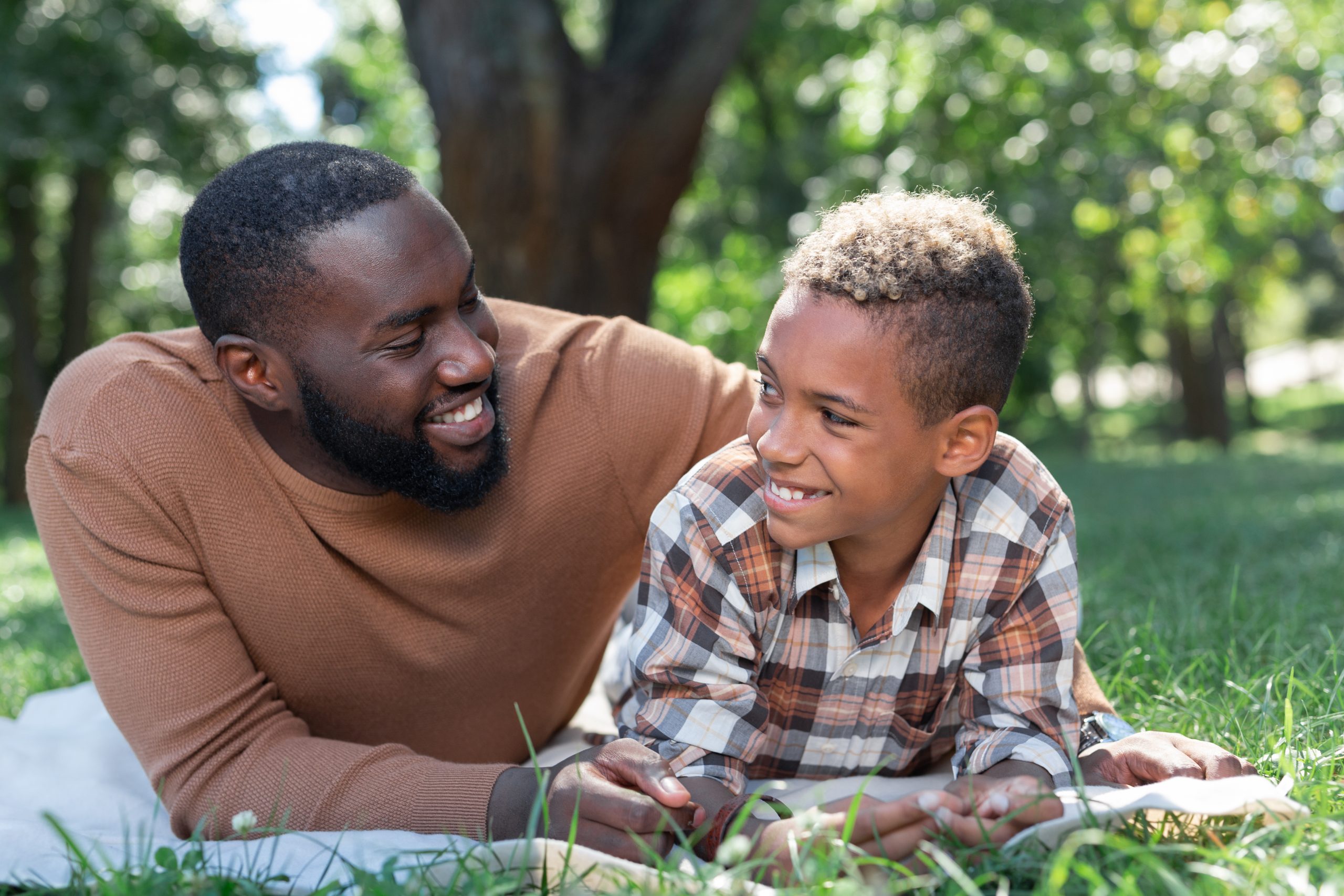
Coping with COVID-19: Dealing with Stress During a Pandemic
Virginia Johnson, CSAPC – Substance Use Prevention Director
May is Mental Health Month. Right now, many of us are experiencing unprecedented levels of stress, fear, and anxiety. Therefore, we felt it was important to take a closer look at these emotions and how to deal with them in a way that promotes good mental health.
Identifying emotions.
Fear is our body’s emotional response to a threat. Anxiety is our body’s emotional response to a perceived or upcoming threat. Both of these emotions increase the level of stress hormones in our body. This can be critical in short spurts because it increases our heart rate, respiration, alertness, and attentiveness as we prepare to make quick decisions for “fight” or “flight,” also known as survival mode. Think about the feelings you may experience if you were riding a bike and suddenly were faced with an oncoming car. Your stress hormones would likely kick in and send a signal to move out of the way. Once the threat of collision passes, the feelings you experience are probably short in nature and helped you make a quick decision that kept you safe.
However, during long-term events like the Coronavirus pandemic, our bodies go through prolonged periods of fear and anxiety. Many people are experiencing stress over the loss of a job, trying to work without childcare, worrying about protecting yourself and family from the illness. This stress can begin to take a toll on our physical, mental, and emotional health. Ongoing high levels of stress hormones in our bodies can lead to irritability, increased anxiety, depression, headaches, digestive issues, weakened immune systems, and insomnia. So how can we cope with this stress?
It’s important to recognize that everyone deals with stress differently and that fear and anxiety can be overwhelming for some people, including children.
Coping with stress.
It’s important to take care of yourself, your loved ones, and your community. Simple ways to take care of yourself and your family include:
- Eat a well-balanced nutritious diet and exercise regularly.
- Get plenty of sleep. The CDC recommends 8-12 hours per night for school-aged children and seven or more hours for adults.

- Stay focused through breathing, meditation, and stretching. Try this breath loop video from one of the Poe Center’s health educators.
- Limit the amount of news you consume.
- Take time to relax and do something you enjoy.
- Avoid alcohol and other drugs, because these substances can take control away from you.
- Talk with someone you trust about things that bother you.
- Stay connected with your loved ones and your community.
Helping others manage their stress can actually help you reduce your stress as well. Check on your friends, family, and neighbors. Take a moment to make a phone call, send a text, reach out on social media, or even send a handwritten card. Letting someone know you are thinking of them can go a long way.
Starting a conversation.
The United States has been celebrating mental health during the month of May since 1949, but many people are still hesitant to have open and honest conversations about things that trouble them. Many blame awkward or uncomfortable feelings (38%) and the fear of being judged (29%)¹. So what’s the first step to helping others feel comfortable connecting with and talking about emotions? Raising awareness of the importance of mental health. This includes the physical, mental, and emotional well-being of children, families, and communities. Remember: you do not need to have any special training or education to have a meaningful conversation about mental health and wellness. It’s okay to take the conversation a little further when you check on your friends. Check out these tips from the #RealConvo¹ campaign:
- Begin the conversation by asking how the other person is doing.
- Engage in the conversation by sharing a personal worry or moment of hope.
- End the conversation with gratitude for the chance to connect on this deeper, meaningful level.
- Leave the door open for future conversations and continue to check-in on a regular basis.
Promoting health and wellness with our children.
Genuine, honest, and age-appropriate conversations about difficult subjects help children process the sometimes-scary world around them and help teach skills for supporting mental and emotional health.
 These conversations also help to break down the stigma around mental health by teaching children that it is okay to talk about uncomfortable subjects. Here are a few tips from Common Sense Media on How to Talk to Kids about Difficult Subjects² to consider when talking with children about difficult situations.
These conversations also help to break down the stigma around mental health by teaching children that it is okay to talk about uncomfortable subjects. Here are a few tips from Common Sense Media on How to Talk to Kids about Difficult Subjects² to consider when talking with children about difficult situations.
-
- Preschool: Talk about the situation, affirm their feelings, and reassure them that they are safe. Remember, it’s important to discuss both your and your child’s feelings in simple terms that he or she will understand, such as “mad,” “sad,” “scared,” or “happy.”
- Elementary: Start conversations by asking what they know and how they feel. Let them know it is okay to feel those emotions. Ask questions to encourage and promote critical thinking. Highlight any positive aspects of the situation.
- Middle and High School: Reassure teens that it is safe to talk about the situation and about their feelings. Ask open-ended questions. Share your perspective and values. Brainstorm solutions, options, and decision-making processes.
Before your day gets too hectic, make sure to take time for you and your family to appreciate good things that may be happening – birthdays, game nights, time with pets, etc. Remember to breathe, eat healthily, exercise, and sleep. Stay connected to loved ones. Each phone call, text message, or handwritten card can mean so much in someone’s life.
Mental health and coping can be scary subjects, but they don’t have to be. Take time to acknowledge your emotions, have open and honest conversations with those around you, and treat yourself with kindness. This is a difficult time for many people, so paying attention to your mental health is more important than ever.
Resources:
1. American Foundation for Suicide Prevention
Featured Poe Program: Girl Talk/Guy Talk Online
Grade Level: 4th-7th
The Poe Center’s Girl Talk and Guy Talk programs address the timely topic of adolescent growth and development and the physical, social, and emotional changes that girls and boys experience during puberty. The programs are designed to facilitate meaningful conversations between kids and their parents/guardians.
Girl Talk – Saturday, June 6, 2020
Guy Talk – Saturday, June 20, 2020
Educational props, hands-on activities, and candid discussions help parents and children explore a range of topics from the workings of the reproductive system to hygiene and more. These programs are available through live virtual sessions.
The Poe Center is now offering a wide variety of online programs. Email Poe’s program scheduler Amanda Bodenheimer to plan a program.
Featured Video: The Brain and Mental Health Mini-Lesson
Grade Level: All ages
Welcome to a mini-health lesson with the Poe Center! Learn how to maximize mental health while Rebecca talks about the amazing workings of the brain. Explore the parts of the brain, and learn how messages are sent from the brain to the body. Rebecca discusses how stress comes from the brain and travels to the body and leads breathing exercises that calm the brain, controlling stress. For more mini-health lessons from the Poe Center, visit our YouTube Channel.
